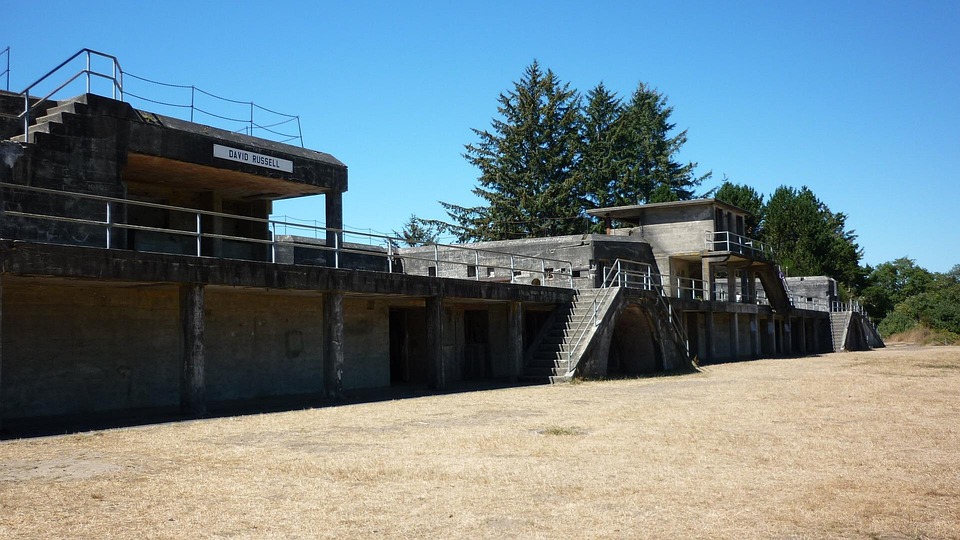Essential Interview Guides for Historians: Unlocking the Secrets to Successful Research
Navigating the labyrinth of historical research can often feel like an expedition through time itself—filled with twists, turns, and unexpected discoveries. For historians, interviews can serve as invaluable vessels of knowledge, unearthing perspectives that might otherwise remain hidden in the shadows of past events. To truly harness the power of interviews, one must approach them with a well-thought-out strategy, an arsenal of techniques, and an open mind.
1. Preparing for the Encounter
Preparation stands as the bedrock of any successful interview. It’s not merely about jotting down questions; it’s about crafting a narrative that invites your interviewee to share their story.
- Research Thoroughly: Familiarise yourself with both the broader context of the subject and the individual you intend to interview. This might involve delving into archives, reading secondary literature, or even checking social media profiles if relevant.
- Craft Open-Ended Questions: While specificity can be useful, open-ended questions encourage expansive dialogue. Instead of asking, "Did you enjoy your time at the university?" consider "How did your experiences at the university shape your views on education?"
- Create a Comfortable Atmosphere: The environment in which the interview takes place can significantly influence the quality of the responses. A relaxed setting often leads to more candid revelations.
2. The Art of Listening
A historian’s role transcends mere questioning; it lies in the delicate art of listening.
- Active Engagement: Show genuine interest in the interviewee’s responses. Nodding, maintaining eye contact, and sometimes paraphrasing their words can affirm that you value their input.
- Follow Up: Let the conversation flow organically. If something piques your interest, be unafraid to deviate from your script and explore that avenue.
- Silence is Golden: Don’t fear pauses. Momentary silences often encourage interviewees to dig deeper, revealing insights that could transform your research.
3. Recording the Insights
Capturing the essence of an interview involves more than just note-taking. It’s about ensuring that the nuances of the conversation are preserved for future analysis.
- Choose Your Medium: Whether it be audio recording, video, or handwritten notes, select a method that best suits the context and your comfort level. Ensure you have permission to record if you choose that route.
- Transcribe with Care: Post-interview, transcribe your recordings as soon as possible to retain the immediacy of the conversation. This is often where the real gems are discovered, nestled within the subtleties of speech patterns and anecdotes.
- Contextualize the Data: When reviewing your notes, place the responses within the broader context of your research. How do these insights fit into the larger narrative you’re constructing?
4. Ethical Considerations
Navigating the ethical landscape of historical interviews is paramount.
- Informed Consent: Always ensure that interviewees understand the purpose of the interview, how their information will be used, and that they can withdraw at any time.
- Anonymity and Sensitivity: Be mindful of the potential for sensitive topics to arise. Respect your interviewee’s wishes regarding anonymity and the handling of delicate information.
- Representation: Strive to represent your interviewees fairly and accurately in your research. Misrepresentation can lead to a distortion of history, which is a historian’s most significant concern.
A Lasting Legacy
In the grand tapestry of historical research, interviews are threads that weave together personal narratives and collective experiences. By embracing robust preparation, honing your listening skills, ethically capturing insights, and contextualising your findings, you can unlock the secrets of successful research. Every conversation has the potential to reveal a new facet of history, enriching both your understanding and that of your audience.
As you embark on this enlightening journey, remember that platforms such as CVPortal continue to provide an array of quality resources, helping you craft compelling narratives through meticulously designed CVs and interview guides. Embrace the art of storytelling—your historical insights await.


